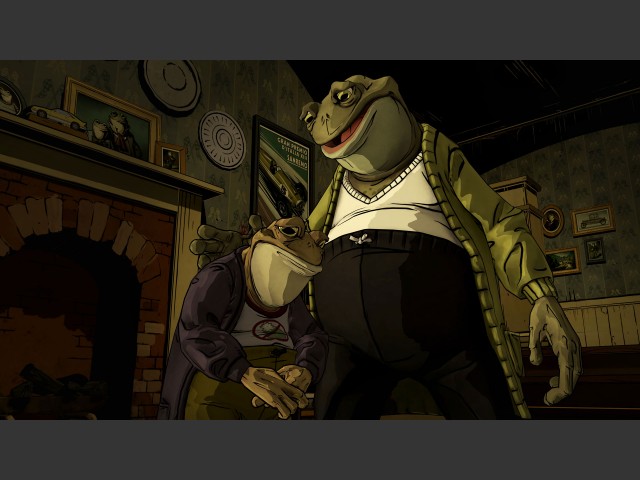Grandma, what big Quick-Time Events you have!
The Wolf Among Us begins with a mystery: Who murdered a prostitute in New York City? This is more or less how most episodes of Law & Order: SVU begin, but the fantastical origins of the characters and of Fabletown itself are intended to enhance the plot and insert intrigue where it may have otherwise not been. And while the beautiful visuals and music may have contributed to a stylishly memorable game, the story ends up being too cynical for its own good.
Preceding Bill Willingham’s Fables series of comics, the story takes place in a special section of NYC relegated for the more humanoid of fictional characters. The others, from giant ogres to little pigs, are forced to live somewhere upstate on The Farm, unless they can afford to use glamours, magical items that let them retain a human form. The setting mustered interest by setting up how the Fables interact with the real world and each other, retaining some of the pixie dust from their homelands.
The events that unfold after the aforementioned murder are meant to drag the Big Bad sheriff of this town, Bigby Wolf, into a large web of intrigue and deception. His challenges lay not only in finding clues to solve the case but working around the tensions between him and practically every other Fable. Known as the primary antagonist from the sagas of Little Red Riding Hood and The Three Little Pigs, Bigby doesn't have the best reputation, inspiring distrust among the people he’s trying to help. Since you are following his story, it is ultimately your choices that determine how well he’s received at any given moment.
Telltale Games uses the same format from The Walking Dead here—players must occasionally choose dialogue or perform actions before a timer runs out. It is a gameplay style I’ve never been nuts about, but it makes the game very approachable for players who just want to imbibe a story. Whatever the player does or does not do, the story will march on save for a few moments where death is possible but completely avoidable. Unlike the other game series, your choices don’t manipulate how others interact with each other as much as they do with you, so it sometimes feels like a layer of complexity is missing overall.
In my write-ups for the episodes, I’ve discussed the length and interactivity to some extent. It really disappointed me that each episode seemed to get shorter, running an hour to an hour and a half each, including the finale. No, I’m not a fan of artificially extending gameplay times and I don’t believe a game is more or less saleable because of them. Yet this world, Fabletown, is really rich with background and exposition, evidenced by the trinkets adorning Ichabod Crane’s office and the stories filling his books. With no zombies limiting the population and with such an intricate web weaved by the antagonists, you’d imagine that there’s more to see and stronger dynamics between the characters.
Still, what is there is rather captivating, particularly as part of the graphical package. The cynicism put me off a little, though I may be a cynic myself. Everyone seems depressed and the majority of the female characters you meet in this tale work for the stripclub/brothel, The Pudding & Pie. The yarn spun across five episodes doesn’t paint a quaint picture for anyone; I imagined that someone would be okay or well-to-do as a foil to the destitute population, but if they exist they weren’t presented. The closest was the corrupt Crane and he gets removed from the story a little too soon.
The final hour is filled with riveting sequences, which answer a lot of the ongoing questions with both action and exposition. I sincerely appreciated that, near the end, Snow White and Bigby are convincingly juxtaposed against the vilest of characters. This concept craftily sneaks in the moral dilemma the player needs to consider. Specifically, how did he or she cause the story to unfold? It’s smart, but it also saves too much for the end; I suppose I could’ve used some shinier dangling carrots, something The Walking Dead placed more effectively along the player's path. However, the very last sequences set up possible storylines for the next season to pursue, so my interest is modestly piqued.
The Wolf Among Us, as a season, is certainly a unique romp through the fairytales and nursery rhymes of our childhood. While visually and aurally arresting, the main narrative fails to take full advantage of the seriously awesome setting adopted from the comics. While not a hefty time investment, any player will experience a narrative that reasonably mixes fantasy with common storytelling tropes. I just felt that there could’ve been much more to absorb and more game to play.
-
Beautiful cel-shaded graphics and moody music.
-
Fascinating setting based on fairytales and nursery rhymes.
-
Material not used to its fullest extent to flesh out the narrative.
-
Fabletown residents are too jaded, lacking in contrast.
-
Riveting final chapter with set up for second season.
The Wolf Among Us
-
The Wolf Among Us #1
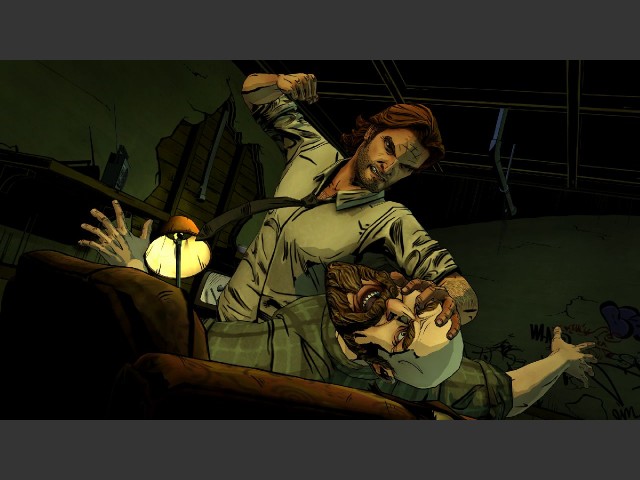
-
The Wolf Among Us #2
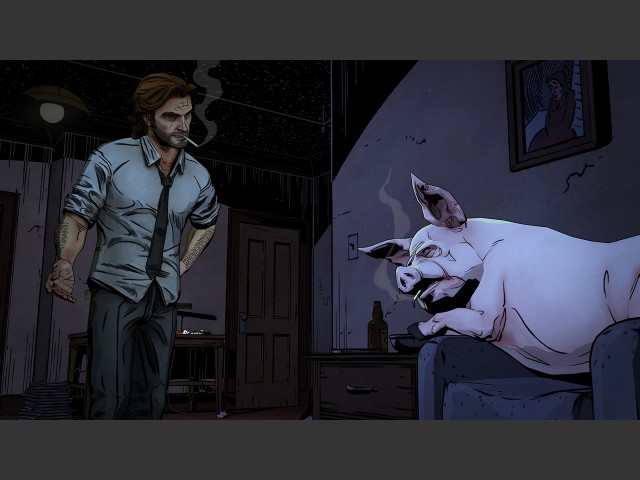
-
The Wolf Among Us #3
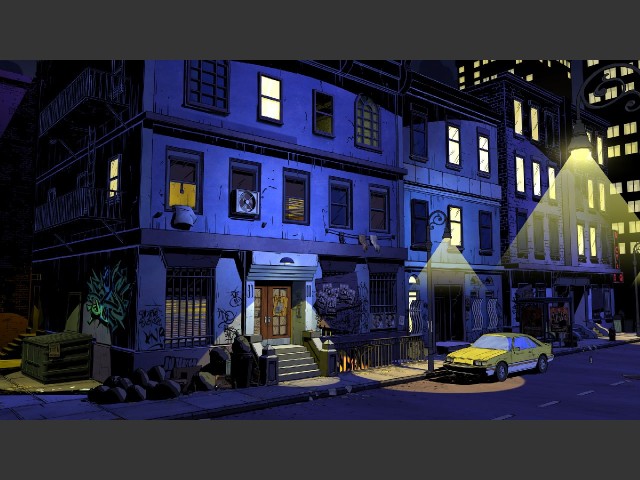
-
The Wolf Among Us #4
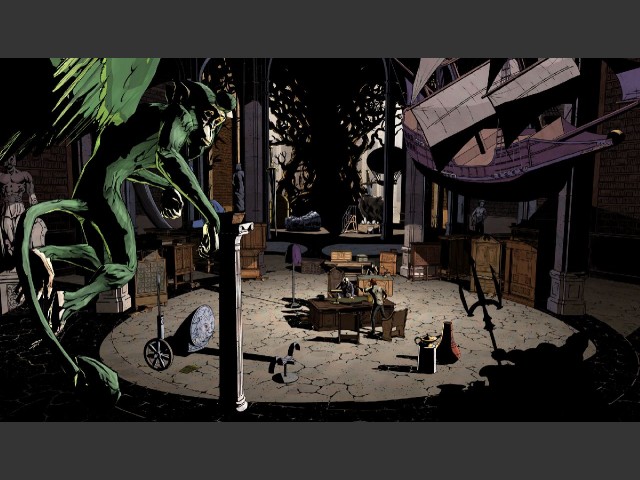
-
The Wolf Among Us #5
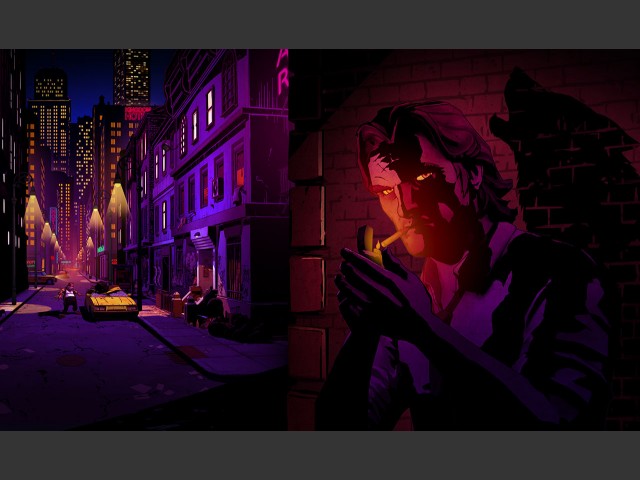
-
The Wolf Among Us #6
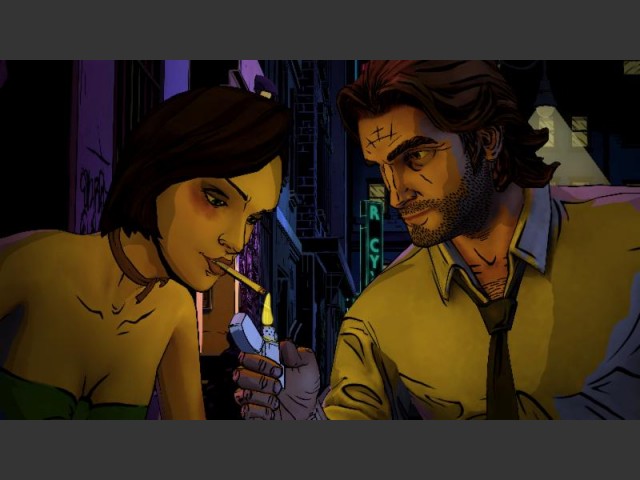
-
The Wolf Among Us #7
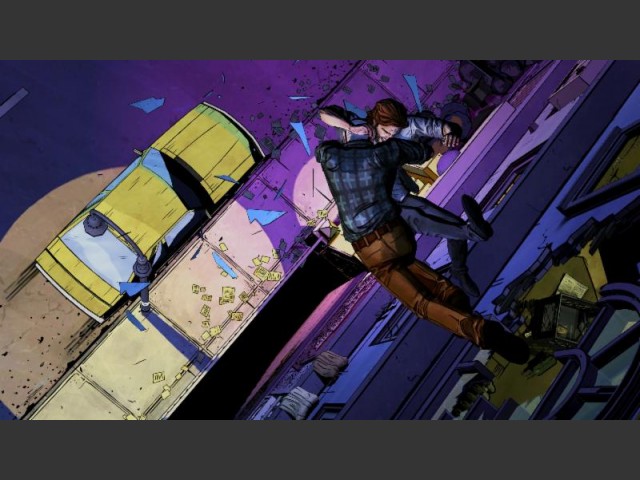
-
The Wolf Among Us #8
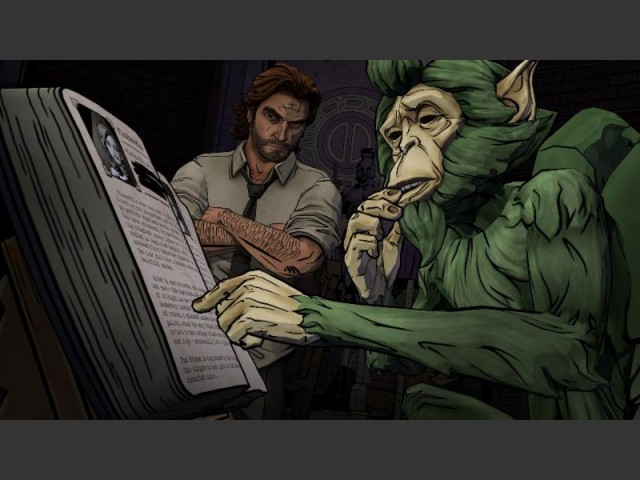
-
The Wolf Among Us #9
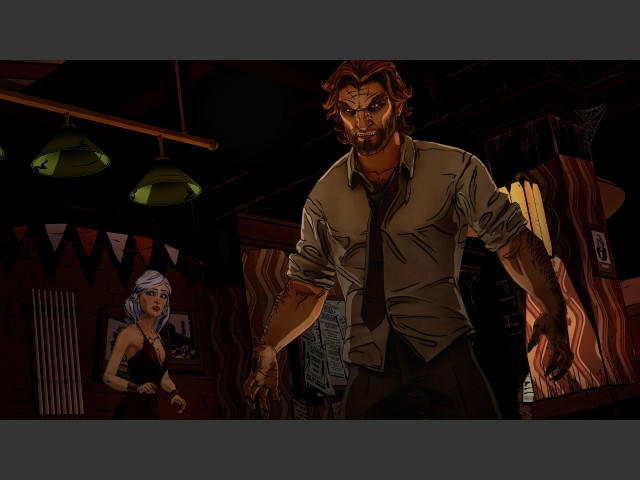
-
The Wolf Among Us #10
